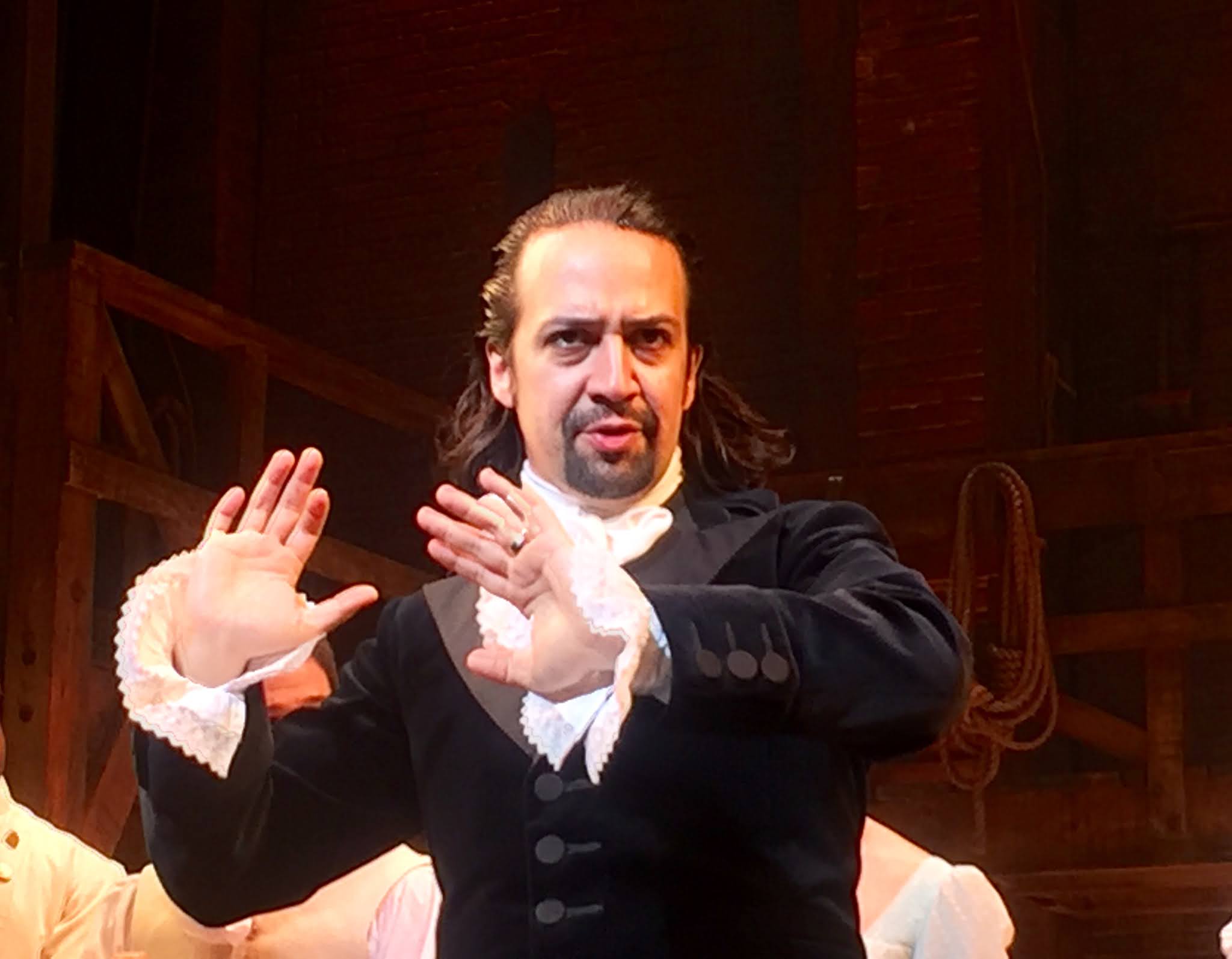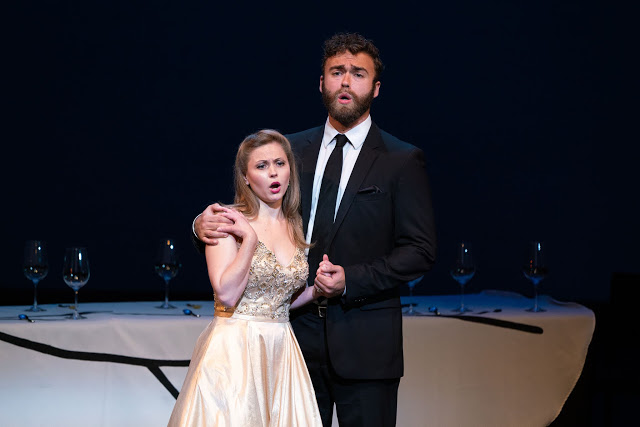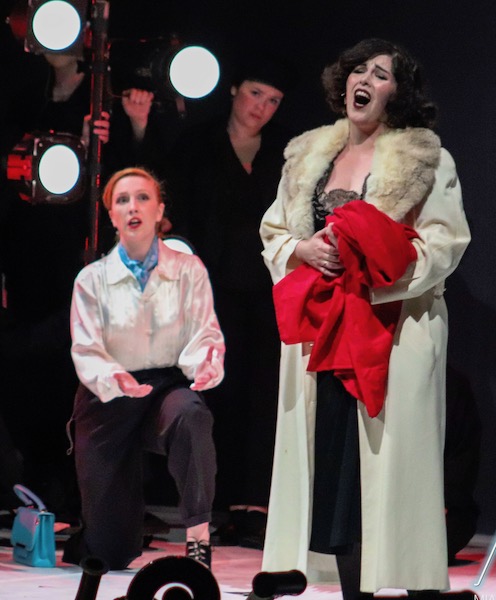VOTING WITH OUR APPLAUSE
 |
| Warren Jones, Amy Owens, and Anthony Dean Griffey at George London Foundation Recital |
We first heard the adorable coloratura soprano Amy Owens five years ago when she was an Apprentice at the Santa Fe Opera. She sang Zerbinetta's aria from Richard Strauss' Ariadne auf Naxos and dazzled us with her high flying voice and presentation. Since then we have heard her at the George London Competition, with Steve Blier's New York Festival of Song, with New Amsteram Opera, and with On Site Opera. She excels at everything she does but we were particularly delighted to hear her reprise the role of Zerbinetta yesterday onstage at the Morgan Library. She absolutely owns that role! We wanted to hear it again right on the spot.
Audiences let the artists know what they like best with their applause and we must say that the rest of the audience was as impressed as we were with her stage presence, acting, phrasing, and artistic use of her natural gift--a bright and clear instrument that is as flexible as it is sonorous.
The applause was not nearly as generous for Donald Waxman's Lovesongs for Soprano, Violin, and Piano. Ms. Owens used the detestable music stand, although she barely glanced at it. Perhaps the lack of musicality in the vocal line made it too difficult to commit to memory.
As is the case with post-Strauss art song, we found ourself listening more to Warren Jones' customary excellence at the piano and Cindy Wu's violin weaving through the piano part. We heard Ms. Owens' voice as just another instrument, a very pleasing instrument that was especially ethereal at the upper end of the register. Perhaps that is what Mr. Waxman intended but we prefer the human voice singing a melody.
The high tessitura of Darius Milhaud's Chansons de Ronsard presented no challenge to her. We enjoyed the sound of the French language and the way she used gesture to convey the various moods.
Although Ms. Owens enjoys a wide variety of material, we feel singers do well to select works that highlight their special gifts. If we consider audience applause as votes, the Strauss won the day.
We had similar feelings for the performance of tenor Anthony Dean Griffey. We did not have the same opportunity to watch him "grow up". He was already famous when we heard him and we always associate him with the lead role in Britten's opera Peter Grimes.
Yesterday we enjoyed him best in a group of folk songs because of their melodic vocal lines. It was the first time we heard the strophic song "The Roving Gambler" and quickly decided that was our favorite. The situation of a man winning a woman away from her family of birth is one that is not tied to any epoch or ethnic group; it is something we can all relate to, one that evokes memories or anticipations.
What struck us about Mr. Griffey's performance is how deeply he feels whatever he sings. One gets so caught up in the mood or the story he is telling that one almost forgets to notice the exquisite nature of his instrument. No matter how much labor went into polishing a performance it always feels spontaneous. That is no small gift!
We were less enchanted by Three Songs for Tenor, Cello, and Piano by Frank Bridge. We have on occasion enjoyed Bridge's songs but there was something about the poetry that dictated a vocal line of less than customary interest. We found ourselves listening more to the melodic line of David Heiss' cello as it wove through Mr. Warren's piano tapestry.
That being said, Mr. Griffey's terrific timbre and expressive delivery made the most of what amounted to a monotonous vocal line.
Mr. Griffey seemed to be personally invested in "Mitch's Aria" from André Previn's opera A Streetcar Named Desire, a Tennessee Williams play which never asked for music and never needed it. He also performed "Sam's Aria" from Carlisle Floyd's Susannah with great intensity.
Aside from the thrilling Strauss, our second favorite piece on the program was "The Song That Goes Like This" from Eric Idle's Spamalot. This clever duet is a meta-observation about songwriting and singing. The phrases are short and punchy; and they rhyme. Ms. Owens and Mr. Griffey gave it their all and the audience responded in kind.
The program ended with "You are Love" from Jerome Kern's Showboat. As far as music from the 20th c., we vote for American Musical Theater over pretentious "art song".
(published with permission)
www.vocedimeche.reviews
Please provide the author's name in any published quotation from this story.
www.vocedimeche.reviews
Please provide the author's name in any published quotation from this story.






